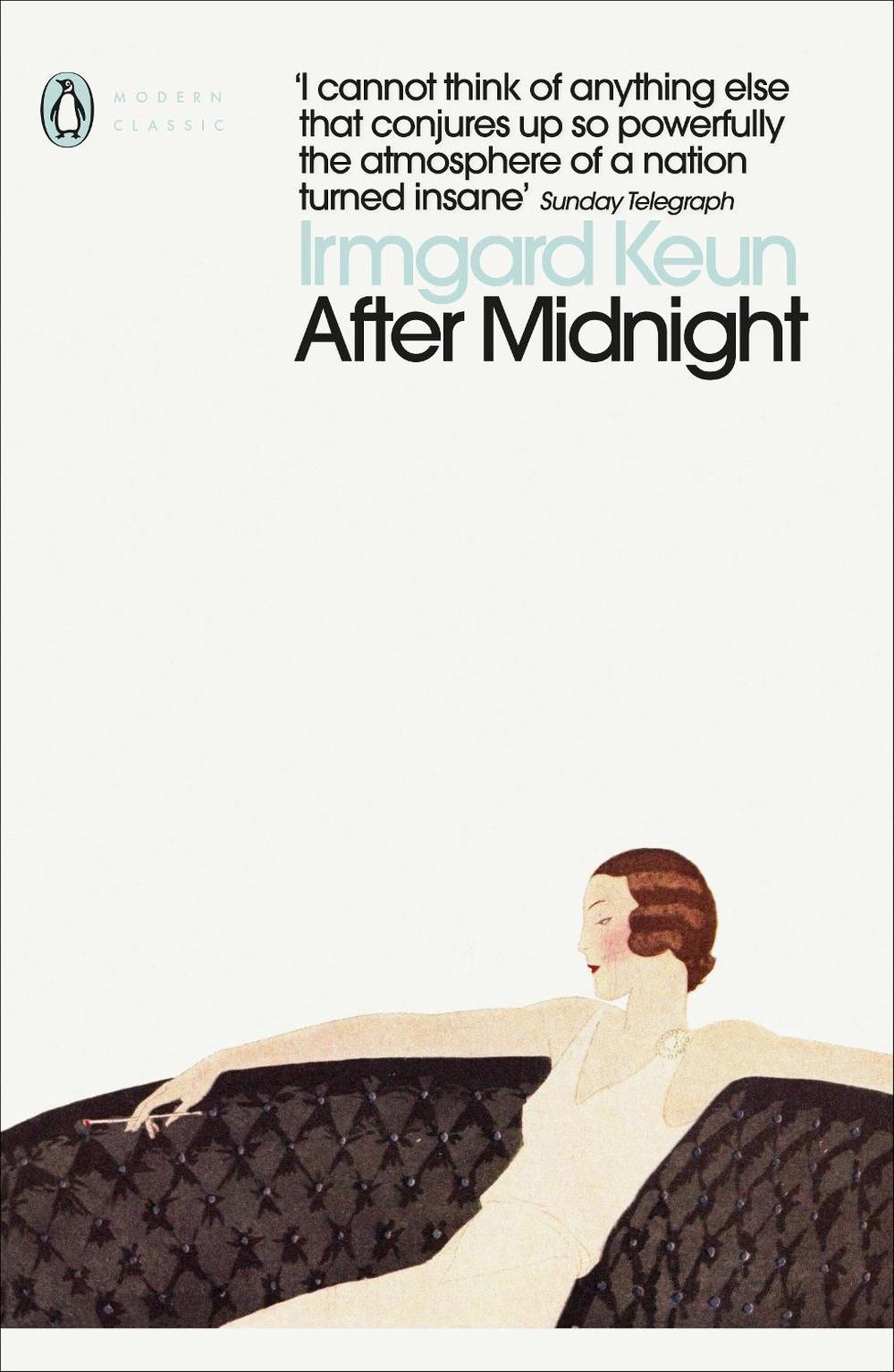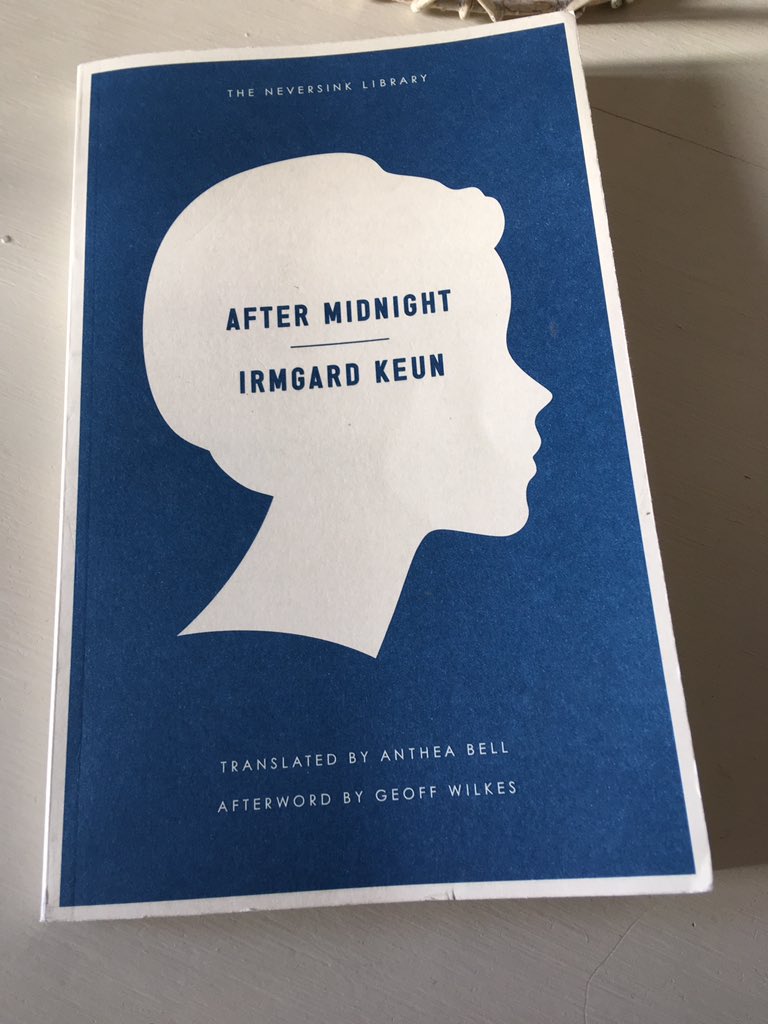



Sebald’s Austerlitz, for which she was awarded the 2002 Helen and Kurt Wolff Translator’s Prize. She is best known for her translations of the French Asterix comics with co-translator Derek Hockridge and for her translation of W.

She died in 1982.ĪNTHEA BELL has translated numerous works from French, German, Danish, and Polish. Her work was rediscovered in the late seventies, reviving her reputation in Germany. In 1940 Keun staged her suicide and, under a false identity, re-entered Germany, where she lived in hiding until the end of the war. While wandering in exile, Keun conducted an eighteen-month affair with the writer Joseph Roth and finished After Midnight, published in 1937. After being arrested and interrogated by the Gestapo, Keun left her husband and escaped Germany. The rising Nazi party censured Keun, however, and her books were included in the infamous “burning of the books” in 1933. A year later, her second novel, The Artificial Silk Girl, was an even bigger bestseller. However, reputedly inspired by a meeting with Alfred Döblin, author of Berlin Alexanderplatz, she turned to writing, and became an instant sensation with her first novel, Gigli: One of Us, published in 1931 when she was just twenty-six. IRMGARD KEUN (1905–1982) was born in Berlin and raised in Cologne, where she studied to be an actress. "synopsis" may belong to another edition of this title. After Midnight is a masterpiece that deserves to be read and remembered anew. It is full of humor and light, even as it describes the first moments of a nightmare. Yet even as it exposes human folly, the book exudes a hopeful humanism. It captures the unbearable tension, contradictions, and hysteria of pre-war Germany like no other novel. In 1937, German author Irmgard Keun had only recently fled Nazi Germany with her lover Joseph Roth when she wrote this slim, exquisite, and devastating book. Crossing town one evening to meet up with Gerti's Jewish lover, a blockade cuts off the girls' path-it is the Fürher in a motorcade procession, and the crowd goes mad striving to catch a glimpse of Hitler's raised "empty hand." Then the parade is over, and in the long hours after midnight Sanna and Gerti will face betrayal, death, and the heartbreaking reality of being young in an era devoid of innocence or romance. Sanna and her ravishing friend Gerti would rather speak of love than politics, but in 1930s Frankfurt, politics cannot be escaped-even in the lady's bathroom.


 0 kommentar(er)
0 kommentar(er)
